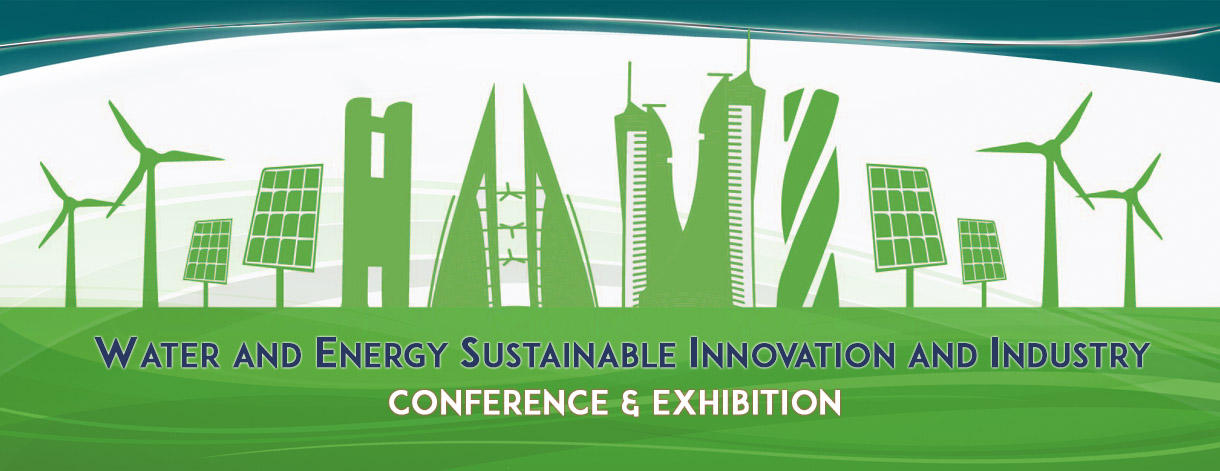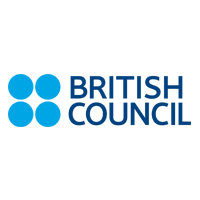The two years project is one of eight winning proposals out of over 170 proposals submitted jointly by universities in the UK and the GCC for the Gulf-UK institutional link grant. It focuses on the lead capacity building of future research and innovation experts in sustainable energy and water technologies, thus developing local expertise to design and operate such systems, and reducing reliance on foreign expertise. Also, it will conduct technical research to support the implementation of the Bahrain National Renewable Energy Action Plan (NREAP) developed by the Bahrain Sustainable Energy Unit. Furthermore, it will provide independent, trustworthy technical guidance for the design of integrated energy and water systems, well suited to the climatic conditions of the Gulf countries. Consequently, it will help to raise confidence in solar and wind as viable alternatives to oil and gas for providing secure energy and water supplies, thus reducing concerns and barriers in government and industry circles.

Desalination is vital for arid countries like the Kingdom of Bahrain – it now supplies 90% of Bahrain’s freshwater and accounts for a substantial fraction of the country’s energy usage. While in the short term, availability of oil and gas reserves and the concerns about depletion of these reserves and high CO2 emissions make the use of renewable energy to power seawater desalination an important area for investigation.
The main challenge facing the integration of renewable energy technologies with desalination plants is the variable power (intermittent power supply from the renewable energy systems) and availability (load and power mismatch). Currently, desalination plants are designed for constant power-input and it is important to understand how it may adversely affect the efficiency of the system, the quality of the water produced, and the lifetime and reliability of the plant.
The aim of this project is to design and optimize a renewable energy-driven reverse osmosis desalination plant that is suitable for the Kingdom of Bahrain, based on the local seawater and weather conditions. The project will be conducted in three years period, which will include joint research activities between the two universities, including, co-supervising Ph.D. students and join symposiums in the field of desalination and renewable energy.
The overall aim of the project is to develop new strategies for reducing energy consumption during pre and post treatment for RO plants. Specifically through the conducting an in-depth survey of current pre-treatment technologies, to ascertain their limitations and potential for improvement. This should help to develop new membranes, which are bio-fouling resistant and offer high selectivity for boron and chloride removal while maintaining high permeability.
The four years project aim to establish long-term institutional collaborative research activities and knowledge dissemination in the topics of Water and Energy between UOB and UOX, through conducting joint research and development project, co-supervising joint Ph.D. projects and to encouraging international meetings and conferences in the area of Energy and Water.






